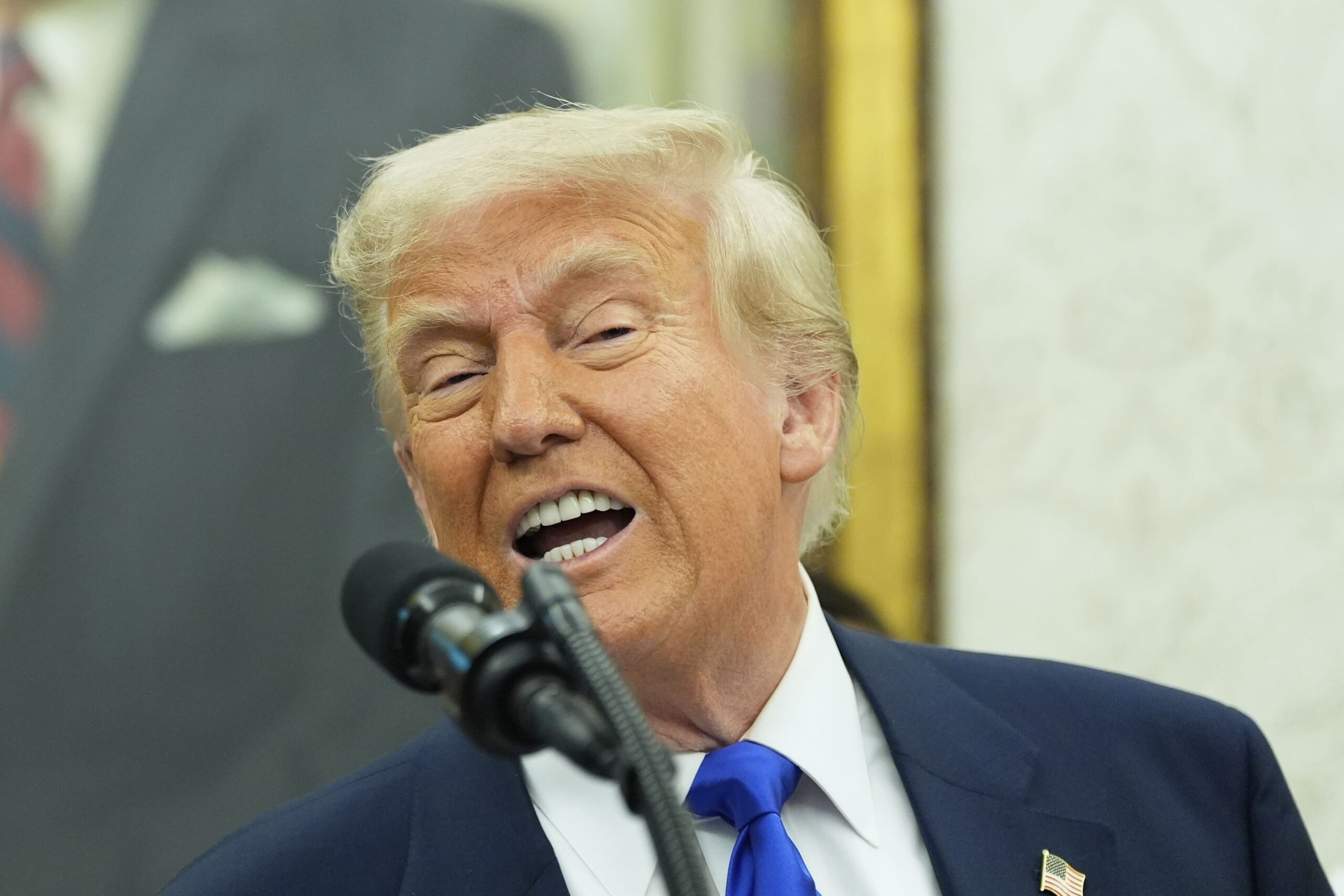
President Donald Trump announced on Monday that he had designated May 8 and November 11 as new national holidays to commemorate U.S. victories in the Second and First World Wars.
The announcement, made via Trump’s Truth Social platform, followed a flurry of conflicting statements over whether the move would replace existing federal observances, such as Veterans Day.
The president said the two dates represented major moments in U.S. military history: November 11, the World War I armistice in 1918, and May 8, Victory in Europe Day in 1945. He said the United States “won two World Wars, but we never took credit for it.”
Despite the declaration, no executive order has been signed to implement the changes, and it remains unclear whether Congress will consider formal legislation to establish these as federal holidays in the future.
Why It Matters
Veterans Day is observed on November 11 to honor all American military veterans. It originated as Armistice Day in 1938 before being renamed in 1954. Trump’s decision to proclaim the same date as “Victory Day for World War I” prompted concern and speculation that he intended to replace Veterans Day entirely.
Alex Brandon/AP Photo
Commentators noted that although Germany surrendered on May 8, ending the war in Europe, U.S. military operations against Japan persisted for more than three months until Japan formally surrendered on August 15, 1945.
“We won World War II on August 15, 1945 when the Japanese surrendered,” former MSNBC host Keith Olbermann wrote on X, formerly Twitter. “Trump is a complete moron.”
Following the backlash, the administration clarified the intention was to layer new commemorative observances on top of the existing ones.
“We are not renaming Veteran’s Day,” White House press secretary Karoline Leavitt told ABC News on Friday. “It will just be an additional proclamation that goes out on that day.”
Will the New National Holidays Be Days Off Work for Americans?
Despite calling them national holidays, Trump made it clear that there would be no closures associated with May 8 or November 11 beyond current observances. His statement on Truth Social explicitly rejected the idea of adding new nonworking days to the calendar.
Trump wrote: “We will not be closing the Country for these two very important Holidays, November 11 and May 8, World War I and World War II, because we already have too many Holidays in America—There are not enough days left in the year. We were Workers then, and we are Workers now!”
The new holidays would function as symbolic acknowledgments rather than legal changes that would affect business or government operations.
What Does This Mean for Veterans Day?
Veterans Day remains a federally recognized holiday commemorated on November 11, and no legislation has been proposed to alter it. Trump’s announcement initially framed the date as a “renaming,” declaring it “Victory Day for World War I.” However, a day later the White House clarified that it would instead be treated as an additional proclamation and not a replacement.
Though the legal status of Veterans Day remains intact, some veteran organizations and observers expressed concern over the optics and the confusion caused by Trump’s language. The plan could also stir international scrutiny. Other nations—such as Russia, which celebrates its World War II victory on May 9—may view Trump’s declarations that the U.S. “did more than any other country, by far” as provocative.
What Happens Next
To officially recognize the new dates as federal holidays, an act of Congress would be required. As of now, the proclamations stand as symbolic gestures from the White House. The administration has not provided further details on whether commemorations, educational campaigns or ceremonies will accompany the new holidays.
Separately, the Army is preparing a large-scale military parade to celebrate Trump’s birthday in June, involving thousands of personnel, vehicles and aircraft. Whether that event will be tied thematically to the new holiday proclamations remains to be seen.
